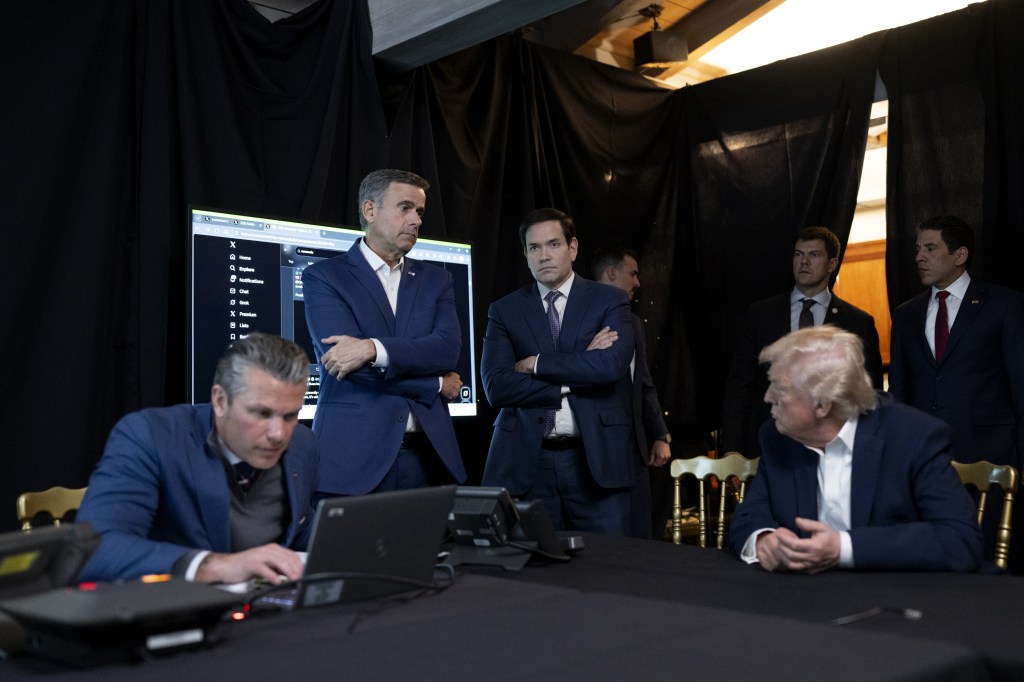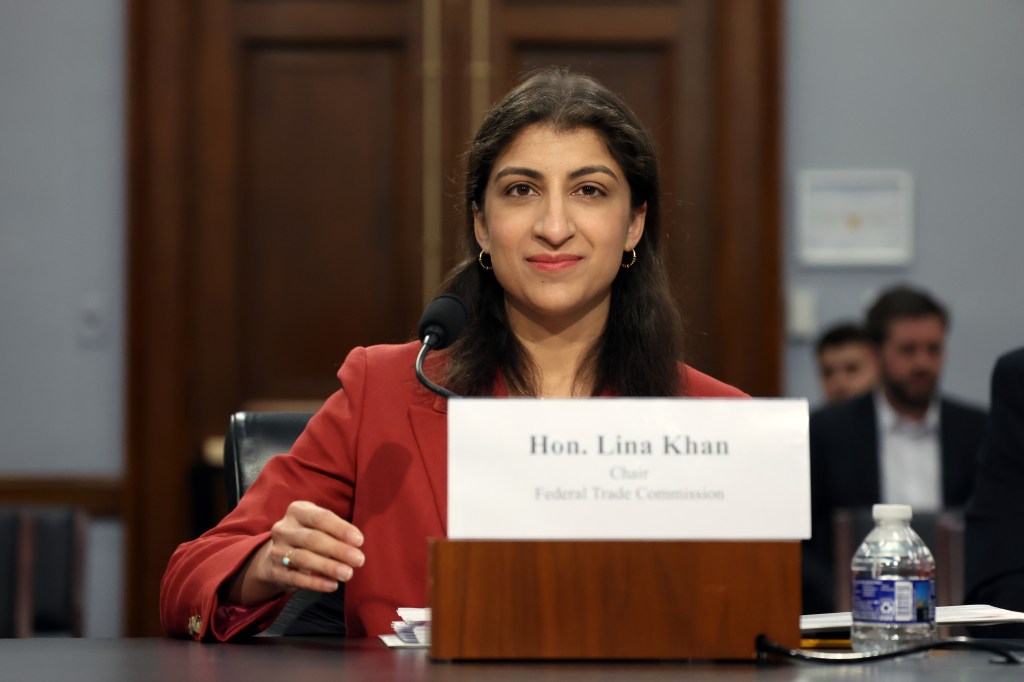Federal regulators want to know how JPMorgan Chase, Mastercard and other companies may use people’s personal data to sell them a product at a different price to that which other consumers might be seeing.
The practice is something the Federal Trade Commission (FTC) calls “surveillance pricing,” but is also
Register for free to keep reading
To continue reading this article and unlock full access to GRIP, register now. You’ll enjoy free access to all content until our subscription service launches in early 2026.
- Unlimited access to industry insights
- Stay on top of key rules and regulatory changes with our Rules Navigator
- Ad-free experience with no distractions
- Regular podcasts from trusted external experts
- Fresh compliance and regulatory content every day

















